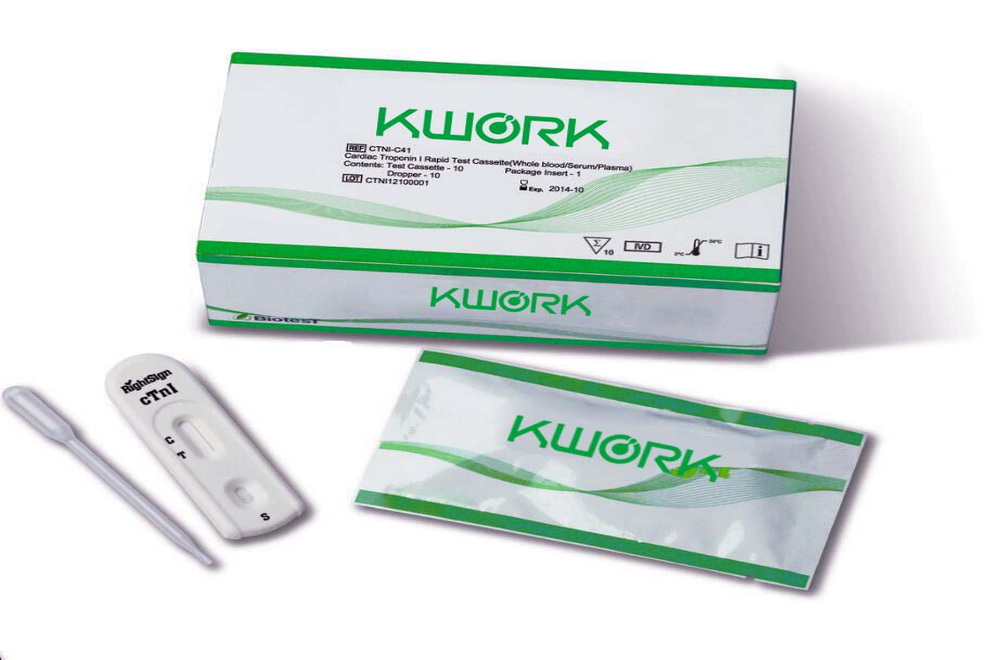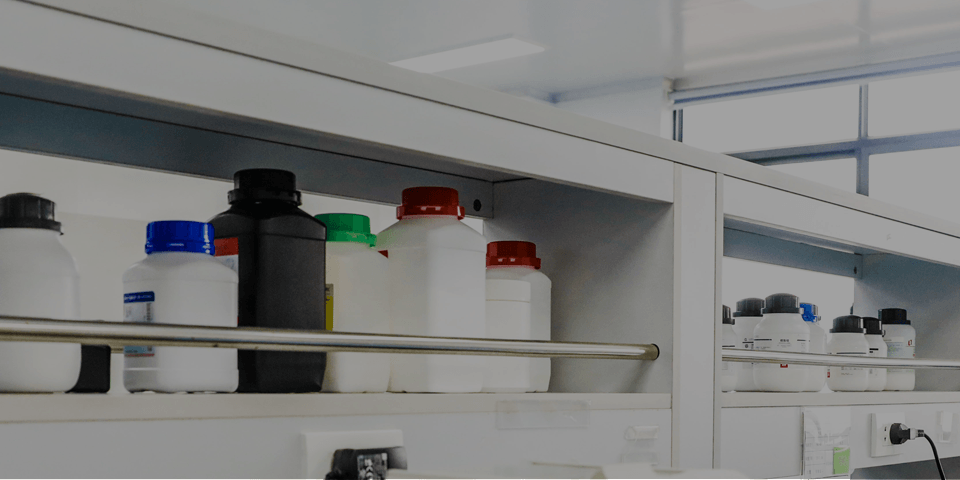
【SUMMARY】
H. pylori is a small, spiral-shaped bacterium that lives in the
surface of the stomach and duodenum. It is implicated in the etiology of a
variety of gastrointestinal diseases, including duodenal and gastric ulcer,
non-ulcer dyspepsia and active and chronic gastritis . Both invasive and
non-invasive methods are used to diagnose H. pylori infection in patients with
symptoms of gastrointestinal disease. Specimen dependent and costly invasive
diagnostic methods include gastric or duodenal biopsy followed by urease
testing (presumptive), culture, and/or histologic staining. Non-invasive
techniques include the urea breath test, which requires expensive laboratory
equipment and moderate radiation exposure, and serological methods. Individuals
infected with H. pylori develop antibodies which correlate strongly with
histologically confirmed H. pylori infection.
The H. pylori Antibody Rapid Test Strip (Whole Blood/Serum/Plasma) is a simple
test that utilizes a combination of H. Pylori antigen coated particles and anti-human
IgG to qualitatively and selectively detect H. pylori antibodies in whole
blood, serum, or plasma.
【DIRECTIONS
FOR USE】
Allow the test, specimen, buffer and/or controls to reach room
temperature (15-30°C) prior to testing.
1. Bring the pouch to room temperature before opening it. Remove the test Strip
from the sealed pouch and use it as soon as possible.
2. Place the test cards on a clean and level desk, then peel off the strip
label of the test cards, stick the test Strip onto it as soon as possible
before testing.
For Serum or Plasma specimen:
· Hold the dropper vertically and transfer 2 drops of serum or plasma
(approximately 50 μl) to the specimen area of test Strip and start the timer.
See illustration below.
For Venipuncture Whole Blood specimen:
· Hold the dropper vertically and transfer 2 drops of whole blood
(approximately 50μl) to the specimen area, then add 1 drop of buffer
(approximately 40 μl), and start the timer. See illustration below.
For Fingerstick Whole Blood specimen:
· To use a capillary tube: Fill the capillary tube and transfer approximately 50
μl of fingerstick whole blood specimen to the specimen area of test Strip,
then add 1 drop of buffer (approximately 40 μl) and start the timer. See
illustration below.
· To use hanging drops: Allow 3 hanging drops of fingerstick whole blood
specimen (approximately 50 μl) to fall into the specimen area of test Strip,
then add 1 drop of buffer (approximately 40 μl) and start the timer. See
illustration below.
3. Wait for the colored line(s) to appear. Read results at 10 minutes. Do not
interpret the result after 20 minutes.



